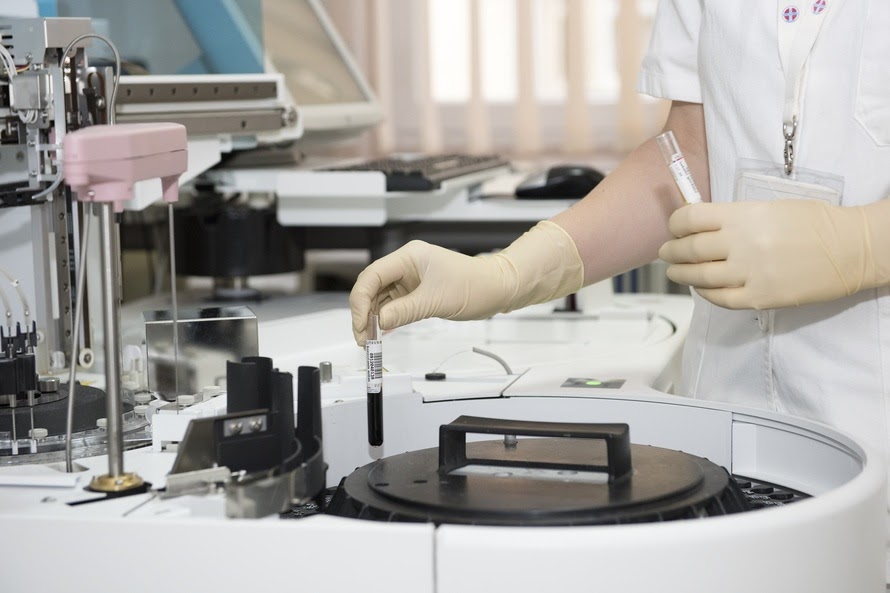The German company Synlab has been announced as the preferred strategic partner for a pathology contract worth £2.25 billion over 15 years. The contract covers a large chunk of south east and central London.
The incumbent provider Viapath, a company jointly owned by Serco, Guy’s and St Thomas’ Foundation Trust and King’s College Hospital FT, has held the contract since 2009.
The other unsuccessful bidder was HSL, a partnership between the Australian company TDL, University College London Hospitals NHS FT, The Royal Free London FT and North Middlesex University Hospital.
The contract covers the provision of pathology services to South London and Maudsley FT, Oxleas FT, the Royal Brompton and Harefield FT, and to Guy’s and King’s FTs, the two trusts who jointly own Viapath. The boards at Guy’s and King’s FTs will now have to approve the appointment of Synlab.
If Viapath loses this contract, the company will have no significant NHS contract. Synlab, which was bought out by British-based private equity group Cinven in 2015, operates in the UK as the wholly owned subsidiary iPP (Integrated Pathology Partnerships).
iPP was set up in 2010 specifically to seek partnerships with the NHS, and is involved in Southwest Pathology Services and Pathology First. The latter is a collaboration between Basildon and Thurrock University Hospitals FT and Southend University Hospital FT which provides pathology services across south Essex.
In the same week as the London announcement The Health Service Journal reported that The West of England Pathology Network – which comprises acute NHS trusts in Bristol, North Somerset and Gloucestershire – has rejected proposals from NHS Improvement (NHSI) to centralise laboratories in the region.
When asked to rate seven proposals for redesign, the members of WEPN rated the NHSI proposal as lower than the “do nothing” option.
The WEPN will now explore three other pathology reconfiguration options. The highest scoring option was a “virtual hub”, in which the network centralises some specialist testing, and possibly IT and/or training, but with all laboratories remaining in use.
NHS England has been encouraging the redesign of pathology services for over a decade, and although it did not explicitly advocate private company involvement this has led to a large amount of privatisation.
In September 2017, NHS Improvement reiterated calls for the development of pathology in line with the ‘hub and spoke’ model and its plans to create 29 pathology networks across England in a bid to save £200 million by 2021.
By November 2019, 16 of the regions had formally agreed new models, up three from September 2018, but 13 have yet to formally commit to new pathology models. It also appears that some trusts which had formally agreed on a model last year, no longer do so.
Dear Reader,
If you like our content please support our campaigning journalism to protect health care for all.
Our goal is to inform people, hold our politicians to account and help to build change through evidence based ideas.
Everyone should have access to comprehensive healthcare, but our NHS needs support. You can help us to continue to counter bad policy, battle neglect of the NHS and correct dangerous mis-infomation.
Supporters of the NHS are crucial in sustaining our health service and with your help we will be able to engage more people in securing its future.
Please donate to help support our campaigning NHS research and journalism.


